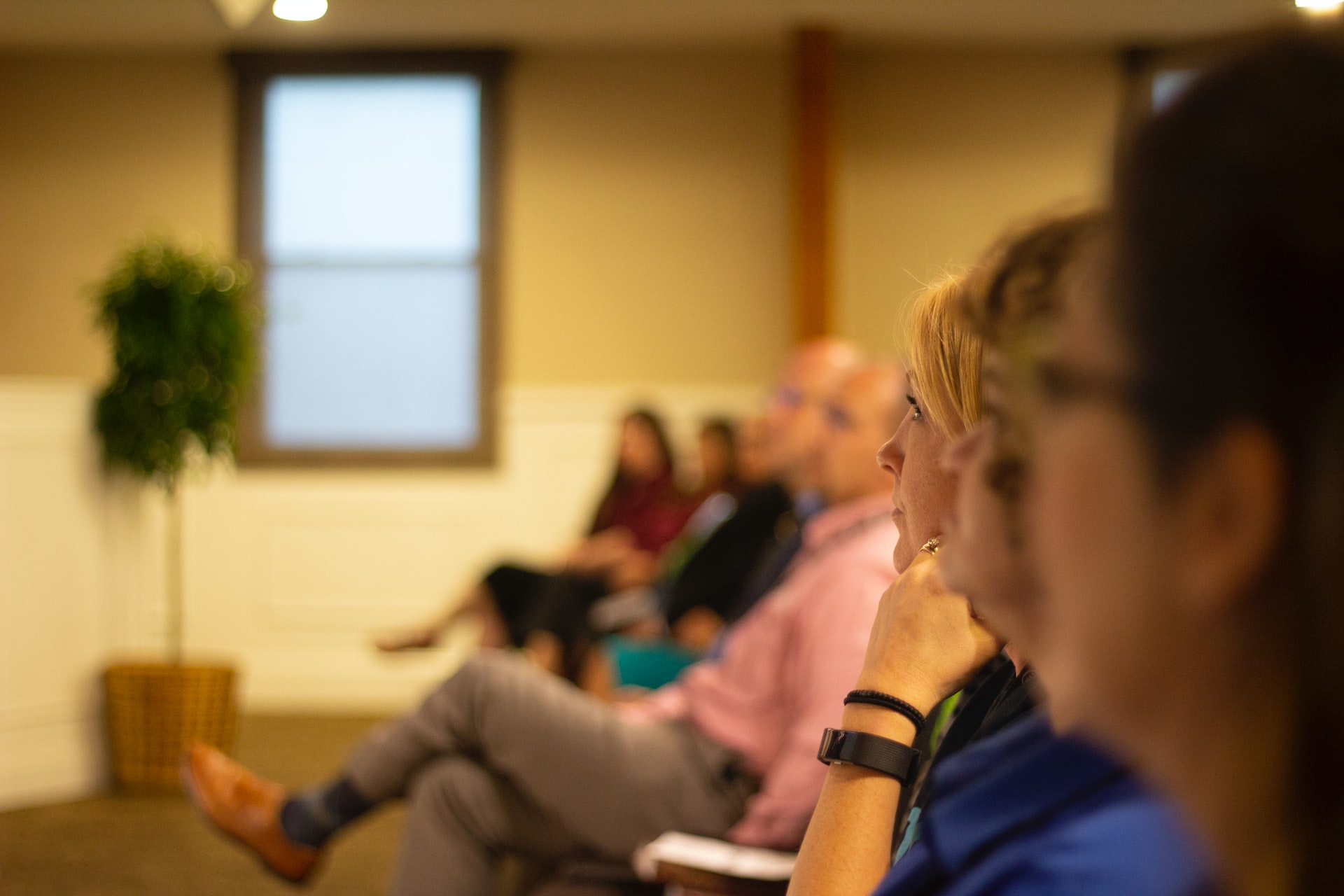It is important to remember: copyright applies to works of science, literature and art (also to computer programs), and related rights, which often accompany copyright, apply to productions, performances, phonograms, broadcasts of broadcasting and cable broadcasting organizations.
Copyright arises at the moment of creation of a work, not after state registration of the object of copyright. You don’t have to run to a government agency to register the copyright for every painting, song, or poem you own. But for better protection of especially important works, of course, it is recommended to make an appropriate entry in the state register of copyright objects. All the more so, it is quite inexpensive.
Copyright applies to the listed works only if they are the result of creative activity, regardless of their purpose, content and dignity. If you and your partner wrote a novel, let’s say you wrote the text, and your partner brought you the paper and negotiated with publishers, then only you will be the author, since your partner was engaged in organizational work, but not in any creative activity.
Another important point: the work must be recorded in some objective form: a novel on paper, music on a CD, a three-dimensional work in sculpture. The score composed in the head is not copyrighted until it has been transferred into a sheet music book.
Finally, ideas and concepts are not subject to copyright. By sharing a promising idea with someone without realizing it yourself, you run the risk of seeing it implemented by another author and making money from it.

